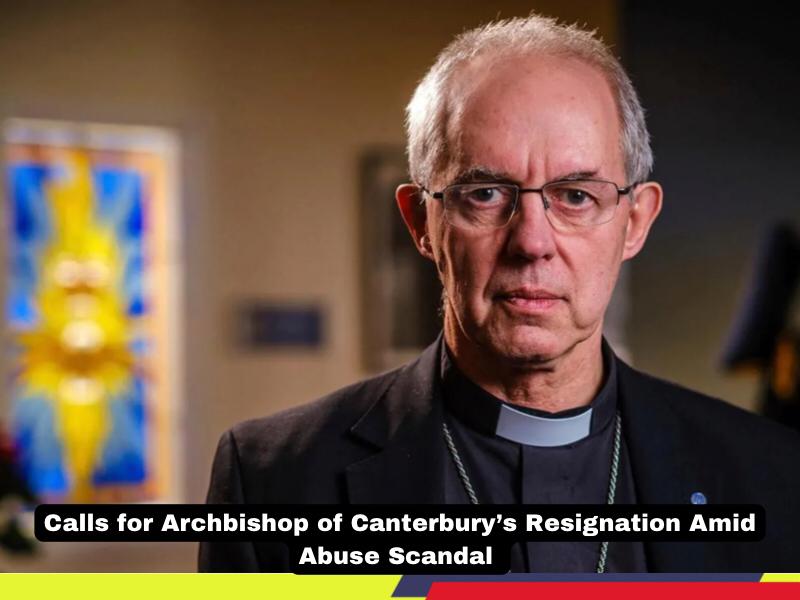The Church of England is facing a significant internal crisis as Archbishop of Canterbury Justin Welby comes under intense scrutiny following a damning report on his handling of abuse allegations against John Smyth, a former church figure and prolific child abuser. Smyth, who is believed to have abused more than 100 boys and young men, was able to avoid justice during his lifetime, a fact that has sparked outrage and calls for accountability within the Church.
The Allegations and Report Findings
The Church of England’s report on Smyth’s case revealed that Archbishop Welby was made aware of Smyth’s history of abuse as early as 2013. According to the report, Welby “could and should” have taken further steps, including reporting Smyth to the authorities, when details of the abuse were first presented to him. Smyth’s abusive actions, which dated back to the 1970s and 1980s, involved physical beatings under the guise of “discipline” as part of his ministry. His abuse continued to harm victims for decades, and although he faced consequences in 1992 in Zimbabwe, he was never charged in the UK.
The report’s findings indicate that while some internal actions were taken, they were insufficient and fell short of providing justice for the victims. This has led to questions about the Church’s approach to handling abuse cases and whether its top leadership, including Welby, has taken accountability for past failures.
Bishop of Newcastle Calls for Resignation
In response to the report, Bishop of Newcastle Helen-Ann Hartley became the most senior Church official to publicly call for Archbishop Welby’s resignation, saying his position is now “untenable.” Hartley’s stance reflects mounting calls for change and accountability within the Church. She is not alone in her criticism; others within the Church have accused Welby of “allowing abuse to continue” during the years between his knowledge of the allegations and Smyth’s death in 2018.
Mounting Pressure and Demands for Accountability
The pressure on Welby is growing as Church leaders, advocacy groups, and victims are demanding a full review of how the Church handles abuse allegations and the role its leaders play in such cases. Victims’ advocates argue that the Church needs to take stronger, more immediate action to protect vulnerable individuals and prevent any recurrence of abuse.
The Way Forward: Church Transparency and Reform
This controversy brings forward critical questions about how the Church of England addresses abuse within its ranks. Many believe the institution needs greater transparency and more rigorous safeguarding policies to protect the vulnerable and ensure accountability. Welby’s future as archbishop remains uncertain, but the calls for change and responsibility reflect a broader demand for the Church to reconcile with its past and prioritize the safety and dignity of its members.
As the story continues to unfold, it may prompt the Church of England to confront longstanding issues surrounding power, accountability, and the protection of its congregation, setting a new course for reform and renewal.




